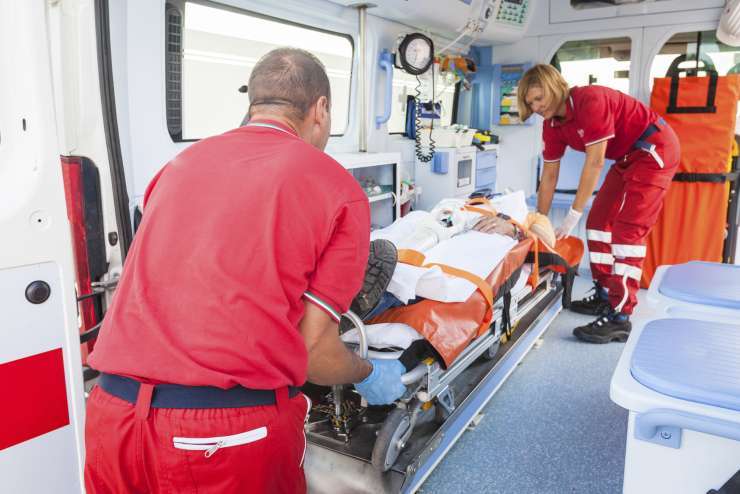Love it or hate it, the cold weather is coming and that means changes to everything from your wardrobe to the way your car reacts to the road and everything in between. Just like you wouldn’t wear summer clothes in the winter, you don’t want your car to be “wearing” the same gear in the winter that it “wears” in the summer months. If you do not give your car attention before the cold weather comes you could be asking for it to be involved in a Connecticut car accident.
The only difference between making sure you have the right clothes to wear in cold weather and your car has the right safety checks done before the cold weather months is that one will just leave you cold for a little while and the other could cause you to get into a serious accident. It is critical that you take these safety checks for your car seriously so you can drive comfortably and confidently that your vehicle is prepared for the changes in temperatures and conditions.
While some of these safety checks may seem a little complicated to do yourself, most of them can be done with a simple YouTube search of how to perform the check. However, if you’re not comfortable with using the Internet to help you figure out how to do some of these things you can take your vehicle in to get it looked at by a professional who can perform these safety checks easily for you. The safety checks you will want to perform before the weather gets too cold are the following;
-
Tire pressure. This is something that fluctuates regularly with the weather. If you are driving and the temperature is hot, your tires may indicate that they are overinflated. The same happens in the cold weather when air pressure in your tires may decrease because the air contracts with the cold weather. It is important that you monitor your tire pressure in cold weather and if it gets low you should fill your tires. Low tire pressure can lead to your tires not having the same grip on the road that they normally do and this can cause you to slip and put yourself into a situation where you might get injured in an accident.
-
Brakes. This can be a complicated safety check, but it is critical to your safety when behind the wheel in the cold weather months. If you do not have good brakes, you could be in a situation where you are skidding out of control and have no way to get yourself out of it. You may not want to attempt to check the safety of your brakes on your own and opt to have a professional perform this check. It is too critical to your safety to take any chances. If your brakes are not good you may find yourself in a precarious situation during the cold weather months.
-
Windshield wipers. Here is a safety check that can make all the difference in your ability to avoid an accident during the cold weather. This is also a safety check that you can easily perform yourself. Making sure your windshield wipers are functioning properly and are able to clear debris from your windshield will be important if you get into a situation where you are driving in a cold rain or snowstorm during the winter months. If your windshield wipers are functioning properly you will be much more likely to avoid a Connecticut car accident then if you are having to squint to see through the salt and grime of a winter road.
Driving in the cold weather months can be a little scary for some people, but if you perform these safety checks now, while the weather is still ok, you will have some peace of mind when you get behind the wheel of your vehicle and the conditions have changed. If you’re not sure about performing these checks yourself it may be in your best interest to take your car to a professional who can perform these checks for you and get you safely into your car before the cold weather hits.
Accidents are not 100% avoidable, no matter how proactive you are with your vehicle maintenance and if you get yourself into a situation where you are in an accident you may need to speak with an attorney. Contact our office and one of our experienced attorneys will speak with you about your situation and work with you to protect your long-term interests.




